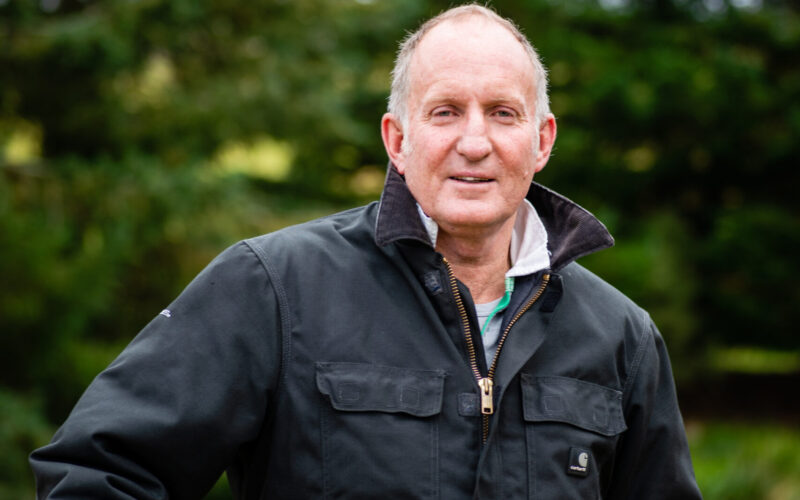For Andrew Morrison, the scenario is quite simple.
Whether the primary sector is ready or not, policies are coming to address climate change, water quality, resource management and indigenous biodiversity.
“Does agriculture want to be part of the solution or have someone in Wellington dictating what happens?” asked the former chair of Beef + Lamb New Zealand (BLNZ).
Having successfully beaten cancer at the age of 36, Morrison reflected and decided to put his energy into the industry he loved, agriculture.
“It is NZ and we need the best outcomes and the most forward-thinking people to embrace those challenges,” he said.
As chair of BLNZ, Morrison was one of those who fronted the debate about pricing agricultural greenhouse gases, a debate that polarised the sector when the potential cost of a proposed agreement was considered too damaging to sheep and beef farmers.
Morrison subsequently lost his position at this year’s BLNZ election to Geoffrey Young, who had the backing of the Groundswell lobby group.
Morrison said BLNZ has always worked with other producer groups but agreed to a request from levy payers to advocate and lobby more on their behalf and for agricultural bodies to work together on an agricultural emissions policy.
But when He Waka Eke Noa (HWEN) failed to meet the expectations of many, farmers became polarised. This was reflected in the tone of remits passed at BLNZ’s annual meeting, which included a call for BLNZ to prioritise the interest of its levy payers.
Morrison said advocacy does not always mean groups win their arguments, and having one sector win and another lose is not a desirable solution.
BLNZ could not convince officials to accept all its positions on freshwater reforms, nor HWEN on climate change, but it did moderate government positions.
“We told the government you cannot ask farmers to pay a greenhouse gas price when you will not look at the other side of the ledger, at the sequestration that is occurring. That is not fair nor equitable.”
The government was similarly informed about the shortcomings of freshwater reforms.
“We didn’t roll over on that stuff. We didn’t agree.”
Taking the sharp edges off government regulation has been challenging, he said, but farmers cannot ignore that consumers want food produced in a certain way.
Much of that work is being done, such as on-farm carbon sequestration, the work of catchment groups and pending farm environment plans, but it needs formal validation.
Morrison accepted that leaders have got some things wrong, but said it was not due to a lack of effort.
“The time and effort BLNZ has invested in this stuff is phenomenal and comes at a personal cost to leaders and management who are trying to get the best outcome.
“We have worked as hard as anybody could.”






